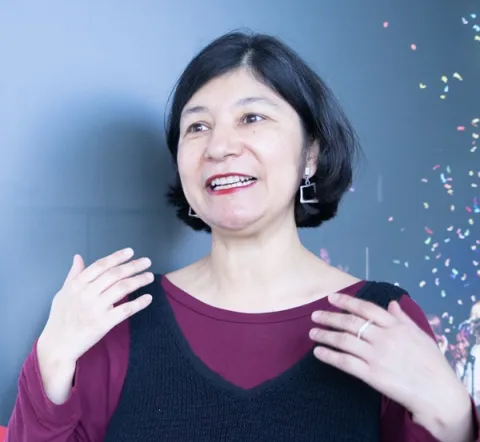Project overview
This project aims to explore ‘exile’ as experienced individually and collectively by Colombian families who have arrived as refugees in the UK. The UK, in common with other European countries, has been the home to Colombian exiles who arrived when fleeing political persecution and death threats ever since the mid-1950s.
This tragically long conflict caused many waves of exiles, with the peak period being between 2002 to 2010. Most of them were social leaders from the various peripheral regions, where the conflict has often been severe, and who managed to escape with their families.
Chapter 8 of the Truth Commission report, published in July 2022, gathered some of the voices of exiles and what forced displacement has represented for them: a personal and traumatic loss from which not many have recovered. In the case of families, the memories and stories of exile have been different for the adults than for the young children, who in many cases were born in exile.
The study will be collaborative and participatory, by inviting some families to recall their stories in a podcast documentary. This aims to contribute to the mandate of the Truth Commission in Colombia, which understands that reconciliation entails, among other things, making heard the voices of those who have been banned from the country, not only physically, but symbolically.
This tragically long conflict caused many waves of exiles, with the peak period being between 2002 to 2010. Most of them were social leaders from the various peripheral regions, where the conflict has often been severe, and who managed to escape with their families.
Chapter 8 of the Truth Commission report, published in July 2022, gathered some of the voices of exiles and what forced displacement has represented for them: a personal and traumatic loss from which not many have recovered. In the case of families, the memories and stories of exile have been different for the adults than for the young children, who in many cases were born in exile.
The study will be collaborative and participatory, by inviting some families to recall their stories in a podcast documentary. This aims to contribute to the mandate of the Truth Commission in Colombia, which understands that reconciliation entails, among other things, making heard the voices of those who have been banned from the country, not only physically, but symbolically.
